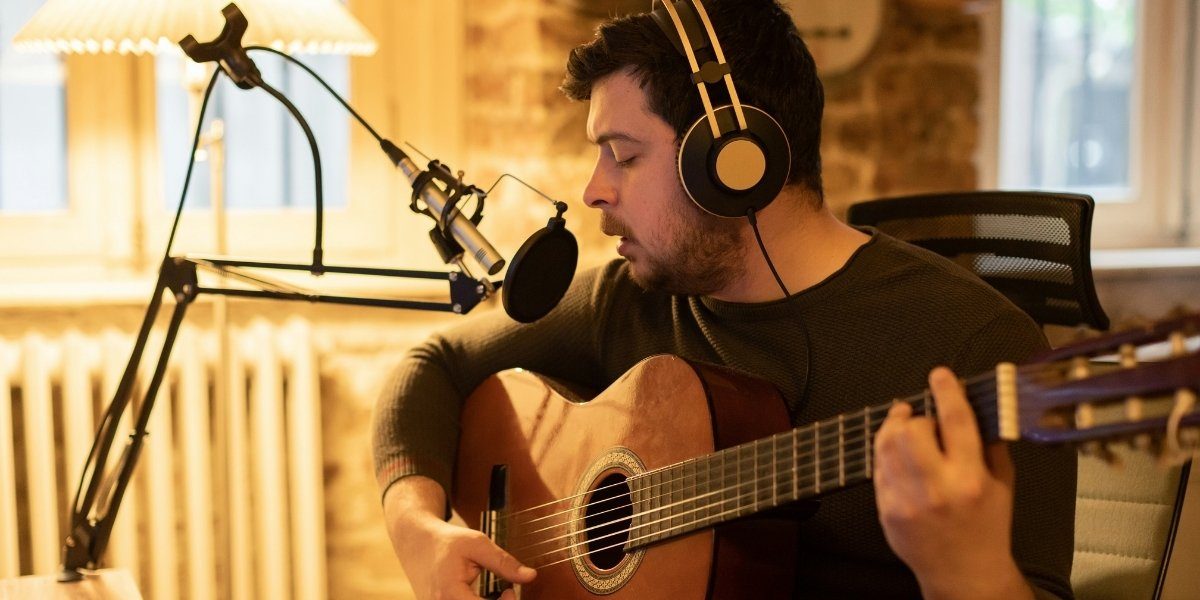How to Develop Perfect Pitch: A Step-by-Step Guide
Perfect pitch, also known as absolute pitch, is a fascinating auditory skill that allows individuals to identify or produce musical notes without needing an external reference. While it may seem like an extraordinary ability, many wonder if it’s something that can be developed over time. Through this guide, we will explore the science behind perfect pitch, training methods, and whether or not it’s possible for anyone to learn it.
Read Also: Capture the Sky: Using Drones for Artistic Projects
What is Perfect Pitch?
Perfect pitch refers to the ability to identify or produce a musical note without any reference tone. For example, if a piano note is played, someone with perfect pitch can immediately recognize it as a “C” or any other note. This ability is often regarded as a rare skill in musicians but is a fascinating topic for those passionate about music and auditory processing.
Can Perfect Pitch Be Learned?
A common question among aspiring musicians is whether perfect pitch is something that can be learned or if it is simply a genetic gift. While the scientific community is still debating the nature versus nurture aspect of perfect pitch, there is substantial evidence supporting the idea that early exposure to music can play a significant role in developing this skill.
Studies indicate that individuals who are introduced to music at a young age—typically before the age of six—are more likely to develop perfect pitch. This suggests that while genetics may provide a foundation for this ability, early and consistent musical training can significantly increase the likelihood of acquiring it.
The Science Behind Perfect Pitch
The development of perfect pitch is closely linked to auditory processing in the brain. Our brains are capable of mapping specific frequencies to their corresponding musical notes. In the case of perfect pitch, the brain is able to immediately recognize a pitch without relying on surrounding context or reference sounds.
Neurologically, the ability to identify notes without reference is thought to be due to the brain’s heightened ability to process sound frequencies with high accuracy. It’s a skill that some people are born with, but for others, it can develop through training and exposure to musical environments.
Training Methods for Perfect Pitch
While some people naturally develop perfect pitch, others may wonder if they can train themselves to achieve the same level of auditory precision. Though challenging, it is possible to develop perfect pitch with dedication and the right training methods.
Ear Training Exercises
One of the most effective ways to train your ear for perfect pitch is through regular ear training exercises. This involves listening to individual notes and attempting to identify them without any visual reference or external sound. Over time, as you practice identifying notes in isolation, your brain will begin to associate each pitch with its corresponding musical note.
Using Technology for Training
Thanks to advancements in technology, there are now numerous apps and software programs designed to help musicians develop perfect pitch. These tools use structured exercises that play notes for you to identify, gradually increasing in difficulty as you improve. Such technology provides immediate feedback, allowing for consistent practice and progression.
Importance of Early Musical Education
While it’s possible for older individuals to develop perfect pitch, research shows that early musical education plays a crucial role in increasing one’s chances of achieving this skill. Children who learn to play instruments, particularly those that require precise note recognition (like piano or violin), are more likely to develop perfect pitch. Early exposure to musical scales and training helps form the necessary neural pathways for perfect pitch recognition.
The Benefits of Perfect Pitch for Musicians
For musicians, possessing perfect pitch can provide several advantages. It makes tasks like sight-reading, tuning instruments, and transcribing music easier, as they can identify the notes directly without needing a reference point. Musicians with perfect pitch can also engage in more precise improvisation and composition, as their ability to hear notes accurately translates into better performance and creativity.
However, there are some drawbacks to possessing perfect pitch. For instance, musicians with perfect pitch might find it difficult to play in ensembles or with other musicians who don’t share the same level of tonal precision. They might also experience discomfort when listening to poorly tuned instruments or out-of-tune performances, which could distract them from the music itself.
Relative Pitch vs. Perfect Pitch
It’s important to understand the difference between perfect pitch and relative pitch, another key concept for musicians. Relative pitch refers to the ability to identify intervals between notes, meaning you can recognize the distance between two notes, even if you don’t know the exact pitch of each note. While perfect pitch is about recognizing individual notes, relative pitch is more about understanding the relationships between them.
Many musicians rely on relative pitch as it is an essential skill for playing in an ensemble, transcribing music, and composing. In fact, relative pitch can be trained and developed more easily than perfect pitch. Even without perfect pitch, musicians with strong relative pitch skills can play music with great accuracy and precision.
Read Also: Tracing YouTube’s Rise: From Early Videos to Cultural Influence
Should You Strive for Perfect Pitch?
Whether or not you should aim for perfect pitch depends largely on your musical goals. If you enjoy music and want to deepen your understanding of sound and pitch, working towards perfect pitch can be a rewarding challenge. However, it’s important to remember that relative pitch is an equally valuable and trainable skill for musicians, often leading to more practical benefits in musical performance and composition.
In the end, achieving perfect pitch is not a requirement for being a skilled and versatile musician. Many highly accomplished musicians do not possess perfect pitch but excel in other areas, such as relative pitch, rhythm, and creativity.
Perfect pitch is a remarkable ability that allows individuals to identify or produce musical notes without any external reference. While genetic factors may play a role, early musical exposure and consistent training can also help develop this skill. Whether you aim to master perfect pitch or focus on relative pitch, both abilities are crucial for musicianship. Ultimately, perfect pitch is not the only path to musical excellence; it’s just one tool in a larger toolbox of auditory skills.








